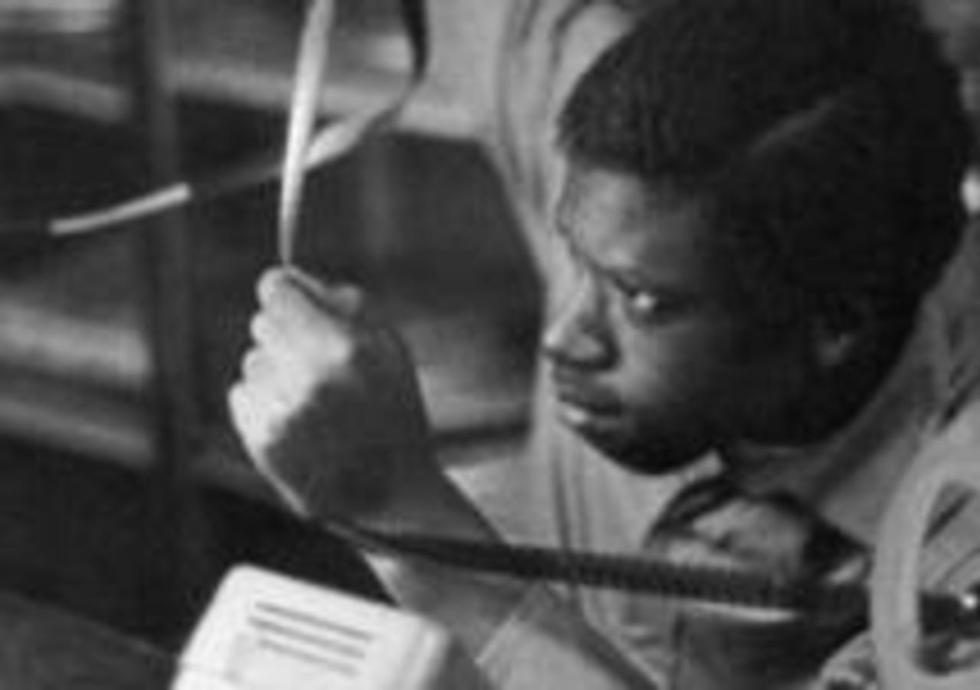
Unknown Premiere
Young Filmmakers Rediscovered (1964-1974)
| USA | 88 MINUTES | (Unknown)
In 1964, art educator Rodger Larson, armed with a Bolex camera, a Moviescop, and a pair of rewinds, began mentoring New York City adolescents in 16mm filmmaking. By 1968, he established the Young Filmmakers Foundation (YFF), which housed an experimental school called Film Club. The agency's mission was to further youth filmmaking activity as an artistic, educational, and vocational experience, primarily for Lower East Side teenagers who might not otherwise have been able to afford filmmaking equipment. In the ensuing years, the enterprise grew in scope and ambition. A sister agency, the Movie Club at the Henry Street Settlement, was formed by Larson's former intern Bruce Spiegel. With support from the New York State Council on the Arts, other public and private sources, and a major financial grant from the Helena Rubinstein Foundation, the Young Filmmakers Foundation stabilized operations. They were able to purchase synch-sound camera equipment, to gather the student works and other youth films into a distribution cooperative, and to exhibit their movies in the five boroughs of New York City through the Moviebus program. (These filmmaking and exhibition activities are depicted in this short version of Film Club, the 1968 documentary by Jaime Barrios, a co-founder of YFF along with Lynne Hofer). The 10 other films shown in this program, all made by teenagers associated with the film clubs or the distribution cooperative, reveal an astonishing range of youthful talent and artistry at work. These young turks depicted the world around them with a keen sense of observation. Collectively, they created movies encompassing a wide range of genres and styles-narratives, documentaries, and animation films-in order to convey their stories about New York City's history, gang warfare, racism, family portraits, social protest, and spiritual quests. Their films display a sophisticated sense of dramatic structure, and are weighted with moral gravity, but also lightened by humor. 16mm preservation prints courtesy of The Donnell Media Center of The New York Public Library. Video version of Film Club courtesy of Mike Jacobsohn. -Jon Gartenberg Film Club director: Jaime Barrios U.S.A., 1968, 12 min., 16 mm A documentary about the film clubs that flourished in lower Manhattan in the 1960s and early 1970s. Re-edited in 2004 by Mike Jacobsohn. Ellis Island directors: Steve Siegel, Phil Buehler U.S.A., 1974, 10 min., 16 mm The island stands abandoned: buildings rotted, fields overgrown, but the memories remain. The film juxtaposes old stills and voiceover interviews with present decay. Sides director: Orinne Takagi U.S.A., 1970, 7 min., 16 mm A young black man finds himself trapped in a world unable to understand or accept his love for a Chinese girl. Superbug director: Anthony Joseph U.S.A., 1972, 6 min., 16 mm Model cars come to life in this action-packed picture about a VW that is pushed around by larger cars and decides to fight back. A Memory of John Earl director: John Earl McFadden U.S.A., 1967, 8 min., 16 mm In a film dealing forcibly with the question of racism, the filmmaker recreates an encounter between himself and a white storeowner in a rural Southern town. Bubby director: Murray Kramer U.S.A., 1965, 5 min., 16 mm The filmmaker documents old age in a study of his grandmother by contrasting her present life with her past memories. Just One Stop director: Scott Morris U.S.A., 1971, 10 min., 16 mm Plasticine animation creates a strange home for a middle-class couple in this dreamland visit. Your Closest Neighbors director: Anthony Chauncey U.S.A., 1971, 4 min., 16 mm Uninvited visitors spoil a birthday party. After a battle, they are expelled-or are they? You can never be sure when cockroaches are the enemy. Museum Hero director: Alfonso Sanchez U.S.A., 1968, 12 min., 16 mm Commissioned by the Metropolitan Museum of Art, this film combines a guided tour t
* Rush Tickets will be offered at venues when advanced tickets for a screening or event are no longer available (EXCLUDES: Beacon Theatre and United Palace).
The Rush system functions as a standby line that will form at the venue approximately one hour prior to scheduled start time. Admittance is based on availability and will begin roughly 10 minutes prior to program start time. Rush Tickets are the same price as advance tickets and are payable upon entry.